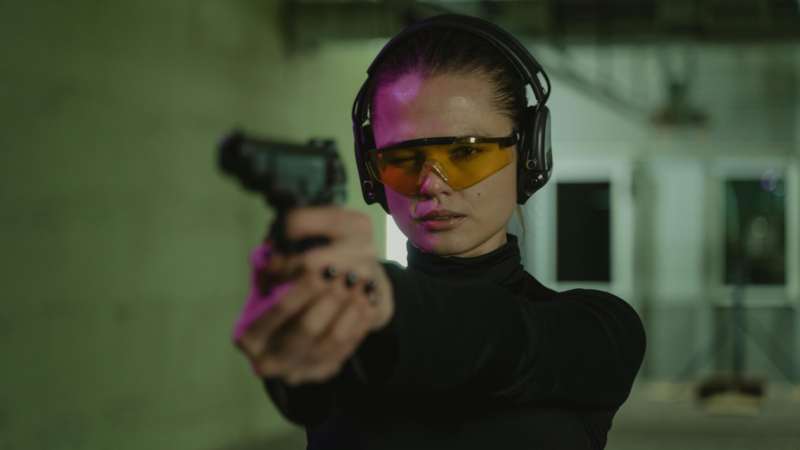Exercises That Foster Communication Skills in Children
Not every youngster enjoys reading and may require more than words on a page. You could only see the effects briefly if you continue to give your child’s academics and to read more importance than their communication abilities. Good communication skills are essential for a child’s growth and development. They can help children build strong relationships, improve literacy, and boost their self-esteem.
Moreover, good communication skills can also help kids make better decisions. In addition, effective communication helps them develop empathy and compassion.
Participate in Group Activities
Children’s social skills are developed due to group activities, one of their most significant advantages. They learn how to work together to achieve a goal, an essential life skill that will help them throughout their lives.
It is a fantastic approach to increasing focus and learning abilities. They can focus on the activity without worrying about school work or other concerns, boosting their cognitive skills and academic performance.
Another benefit of participating in group games is that they can help kids develop their imagination. They can play dress up, act out doctor’s visits, or even pretend to be astronauts in outer space.
Moreover, communication games and activities for kids can help improve fine motor skills by engaging the small muscles in the hands and wrists. They can also help your child develop their handwriting and spelling skills through various games and activities that involve building words with blocks or painting letters suggested by other group members.
Participate in Team Activities
Team activities are one of the most effective ways to promote communication skills in kids. They also encourage good social and emotional skills such as listening, creativity and leadership.
Introducing kids to team-based activities early in their childhood helps them develop these skills. It will help them grow into responsible citizens, ready to tackle the challenges of their future life.
In addition, team activities help kids learn the importance of sharing responsibilities and duties with others. These soft skills become personal attributes that enable kids to build positive relationships.
To demonstrate their communication skills, kids can play a game called hula-hoop relay, where they stand in groups, hold up a hula-hoop with their fingertips, and place it down on the ground without dropping it.
This activity requires good focus and hand-eye coordination and can be adapted to any age group. The younger kids are, the more they will enjoy this challenge.
Talk with Parents
When parents communicate openly and effectively with their children, they are helping to build a relationship that is beneficial to them for years to come. This communication can be done in both verbal and nonverbal ways.
Babies and toddlers develop language skills by listening to their parents talk about what they see, hear and do. They also learn about words through songs and poems that connect syllables to beats or by listening to stories and playing make-believe games.
Young children also benefit from routines and schedules. These help them develop self-confidence and a sense of control over their lives, which is essential for learning and development.
It is also essential for teachers and parents to talk about concerns and behaviors without judgment and find ways to resolve them together. It can help ensure that problems are dealt with quickly and children can move on with their learning.
Participate in Group Discussions
If you want your child to improve their communication skills, encourage them or participate in group discussions. This activity will help them develop confidence and make connections with other students.
It will also allow them to learn new ideas from different sources. It is essential because learning only from textbooks might not be enough to understand a topic thoroughly.
A successful group discussion requires a lot of teamwork. It means that each group member must be willing to share their thoughts, opinions, and solutions.
Participate in Group Presentations
Participating in group presentations is essential to learning how to communicate effectively. Whether the presentation is about an assignment, a project, or a subject, kids learn to put together all the necessary information to present their topic in a way that makes it exciting and easy for others to understand.
Another positive aspect of group presentations is that it helps kids become more self-aware regarding their thoughts and emotions. It helps them become more confident in front of their peers and teachers.
Kids also learn how to prepare for a presentation by planning the points they will talk about and researching information about them. It is a valuable skill to help them explore high school and college assignments.
Teamwork is critical to success in group presentations. Assigning roles based on their strengths is the best way to ensure all team members contribute to the final product. It can also help decide on the right content and timing for the presentation.






